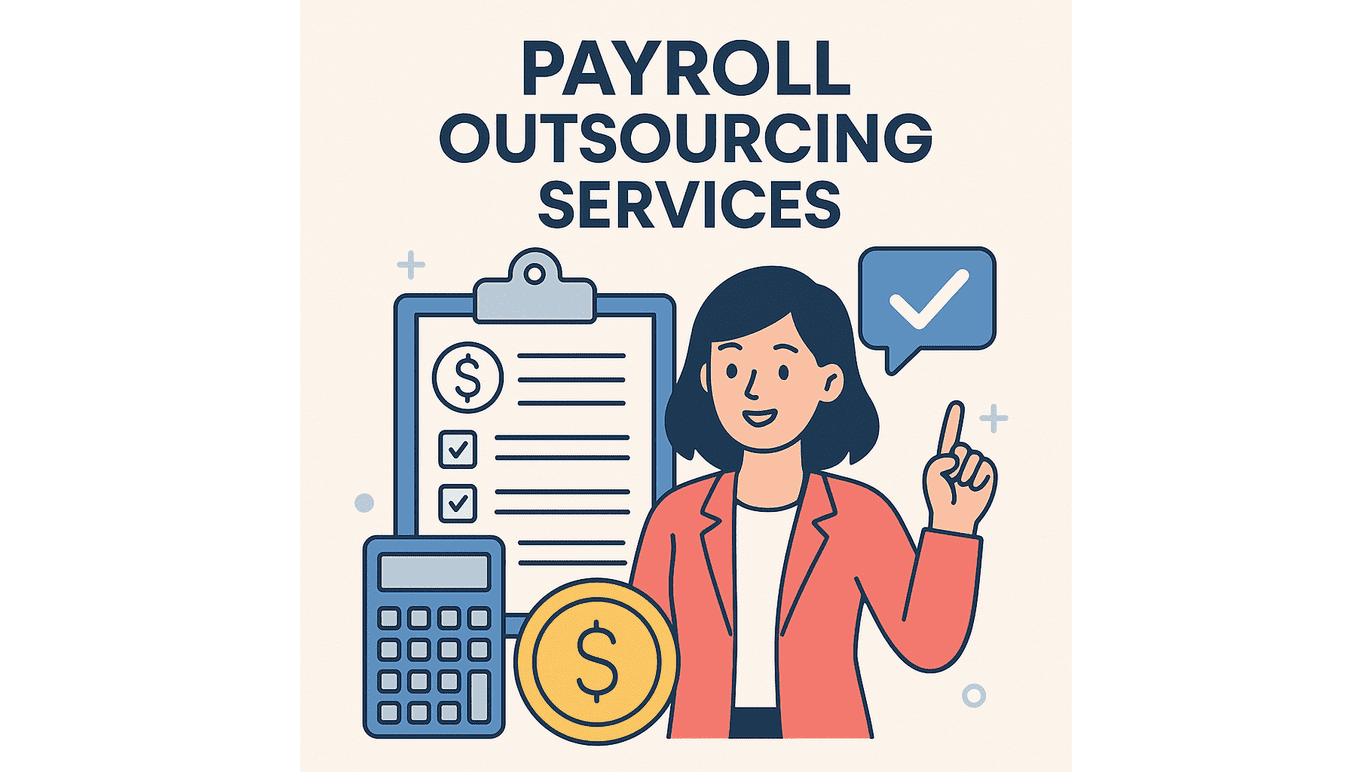
Investing in shares involves not just buying and selling, but also ensuring that your ownership rights are protected and properly documented. Under the Companies Act, 2013, provisions related to the Investor Education and Protection Fund (IEPF) outline specific processes for recovery of shares, whether lost, unclaimed, or held in physical form.
Applicable Provisions
- Section 124 of Companies Act, 2013
- Section 125 of Companies Act, 2015
- IEPF Rules
What is the Investor Education and Protection Fund (IEPF) ?
The IEPF, established under Section 125 of the Companies Act, 2013, serves as a repository for unclaimed dividends, matured deposits, and shares that have been dormant or forgotten by shareholders, fund is managed by the IEPF Authority, which ensures these unclaimed assets are used for the benefit of investors and promotes financial literacy.
Types of Share Recovery Processes
1. Recovery of Lost Shares
If you’ve lost physical share certificates or are unsure about their whereabouts, the Companies Act provides mechanisms to recover these shares. The process typically involves:
- Filing an FIR: If shares are lost or stolen, filing a First Information Report (FIR) with the police is the first step to document the loss.
- Publication of Notice: Companies may require publishing a notice in newspapers to declare the loss of shares and caution against any unauthorized transfer.
- Application to the Company: Once the loss is established, shareholders can apply to the company with necessary documents (like FIR copy, indemnity bond, affidavit) to issue duplicate share certificates.
2. Transmission of Shares after Death
When a shareholder passes away, their shares need to be transferred to legal heirs or beneficiaries. This process involves:
- Probate or Succession Certificate: Legal heirs must obtain a probate (if there’s a will) or a succession certificate (if there’s no will) from the court.
- Transmission of Shares: The legal heirs apply to the company along with required documents (death certificate, legal heirship certificate) to have shares transferred to their names.
3. Transfer of Physical Shares
For shares held in physical form, transfer involves:
- Execution of Transfer Deed: Both transferor (seller) and transferee (buyer) must execute a transfer deed in the prescribed format.
- Submission to Company: The transfer deed, along with original share certificates, must be submitted to the company’s registrar and transfer agent (RTA) for approval and transfer.
4. Claiming Unclaimed Shares from IEPF
Shares and dividends that remain unclaimed for a specified period (usually seven years) are transferred to the IEPF. Shareholders can reclaim these shares by:
- Filing a Claim: Submitting an online claim form on the IEPF website with required documents (identity proof, address proof, proof of ownership).
- Verification and Approval: The IEPF verifies the claim and upon approval, transfers shares back to the claimant’s Demat account.
Provisions and Legal Framework
The recovery processes are governed by specific provisions under the Companies Act, 2013, and regulations laid down by the IEPF Authority. These include:
- IEPF Rules: Detailed guidelines on the procedures for reclaiming shares, including forms, documentation requirements, and timelines.
- Compliance: Ensuring all actions comply with the regulations set forth by the Companies Act and IEPF Rules to safeguard shareholders’ interests and maintain transparency.
Unclaimed Shares under Recovering shares under the Companies Act, 2013 involves specific legal procedures and adhering to regulatory requirements. Whether it’s reclaiming lost shares, transferring shares after a shareholder’s demise, or retrieving unclaimed shares from the IEPF, understanding these processes ensures that shareholders can protect their investments effectively. By following the prescribed steps and leveraging the provisions laid out by the IEPF, investors can secure their rightful ownership in the corporate world.
This broader approach not only safeguards shareholder rights but also reinforces trust and transparency in India’s corporate governance framework. For more detailed information or assistance on recovering shares, shareholders are encouraged to consult with Compliance Calendar experts or reach out to regulatory authorities like the IEPF Authority for recovery of unclaimed shares.







